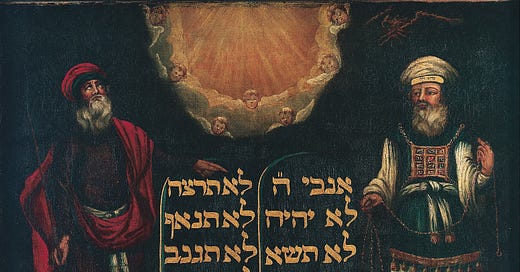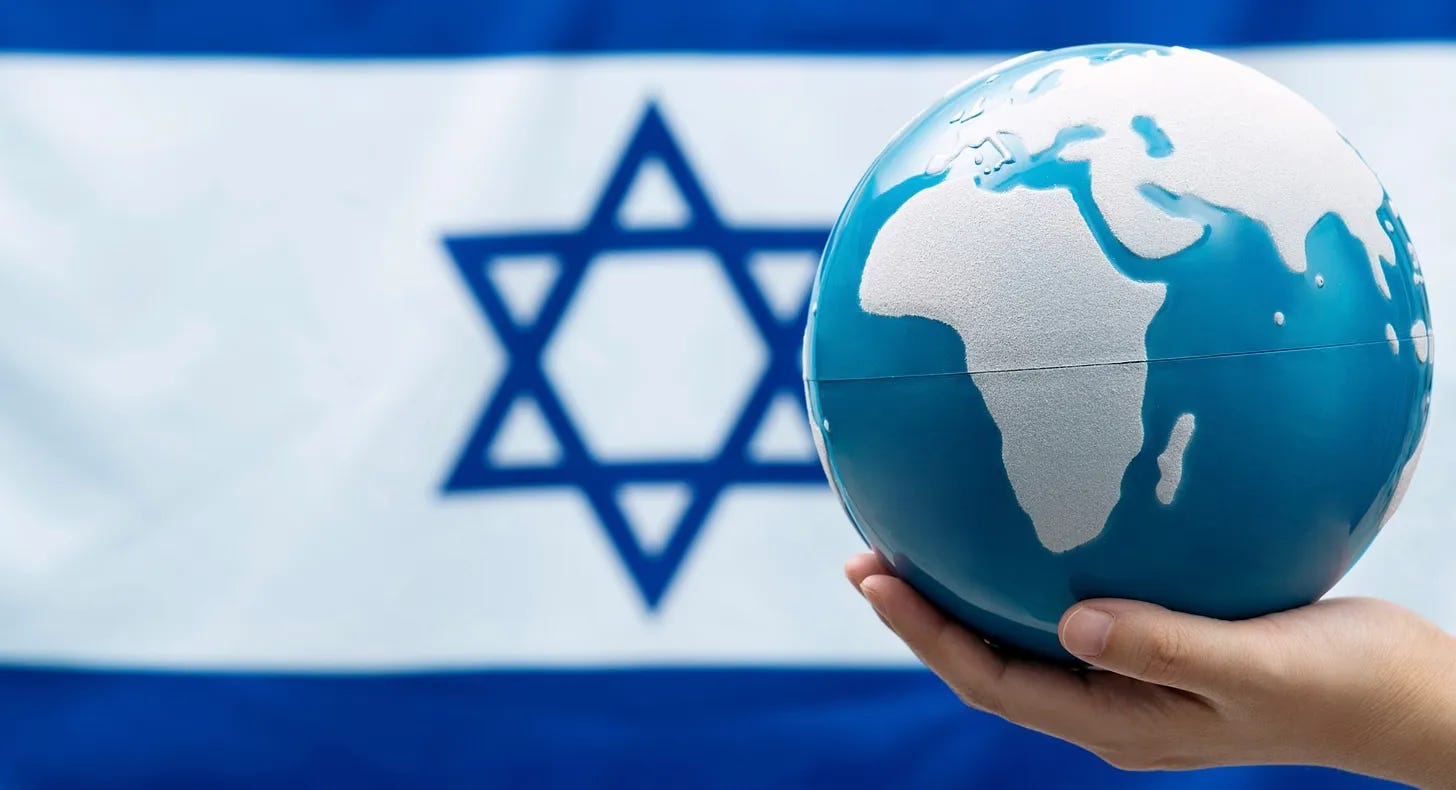College Campuses and Moral Compasses
"The Jewish tradition loves a movement of the people. It also teaches us to be deeply discerning when deciding which movements to join."
By Mari Chernow
“A good law of history is that if you ever find yourself opposing a student movement while siding with the ruling class, you are wrong. Every single time. In every era. No matter the issue.”
This sentiment, posted by producer Jeremy Flood and challenged by Rabbi Dr. Jonathan Zasloff highlights a painful predicament for today’s progressive Jews. How Is it possible that we (open minded, peace-loving Jews!) are being painted as the ruling class??
Joan Baez and Pete Seeger were among my “rabbis” while growing up. Jewish identity and civic engagement were one and the same. Our messianic vision was an open and liberal society with loving dignity and equality for all. Whenever young people gathered with passionate demands and fabulous music, there was a direct through line to the world getting better.
As Rabbi Zasloff points out, however, not all student movements are cut from the same cloth. The NSGSU — the National Socialist German Students’ Union was the radical student movement from 1926 – 1933 that sought to bring down the Weimar Republic, and replace it with the Nazi regime. From Maoist China to Charlottesville in 2017, young people have taken to the streets with illiberal and violent aims.
Which is not to say that most student movements are illiberal or violent.
I went to UCLA last week to join the Jewish community in a rally in support of Jewish students. I attended because I am worried about students who feel isolated and afraid, alienated on a campus that should be their home.
The image that sticks with me most is of protestors on both sides shouting provocatively at the other, holding a camera in hand, waiting for an opponent to throw the first punch. What a gem that would be for social media!
The Jewish tradition loves a movement of the people. We have unyielding concern for the vulnerable — the stranger, the widow, the orphan, the powerless in the face of great power. What was the Exodus, after all, if not the first slave rebellion in human history?
It also teaches us to be deeply discerning in the movements we join. I happened to study the Torah portion Korach last week with a student preparing to become a Bar Mitzvah. When Korach leads a rebellion against Moses, his surface argument is quite reasonable. He asks, “Why do Moses and Aaron hold all of the power? Aren’t all of God’s people holy?”
The tradition is clear, however, that Korach and his followers are not arguing “for the sake of heaven” (a technical term for civil discourse). In text, we find evidence that they are manipulative, divisive, and arrogant. Their goal is to erode society, not strengthen it through constructive tension.
Another example can be found in Exodus. Moses tells the people: gather your gold and your jewelry. We’ll use them to build the mishkan (the small sanctuary where God will dwell while the people travel). This commandment comes just two parshiot after Aaron says the very same words in the greatest revolt of the Jewish people against God: the building of the golden calf.
The exact same words. Almost the exact same scene. In one story it will divide our people and erode our community. In another, it will bring us together to build a holier future.
We must be discerning in the movements we choose to join.
As John McWhorter wrote recently in The New York Times, “In our times, when the personal is political, there is always a risk that a quest to heal the world morphs into a quest for personal catharsis.”
It’s time to put away our cameras and find another way.
MARI CHERNOW is the Senior Rabbi at Temple Israel of Hollywood and a Senior Rabbinic Fellow at the Shalom Hartman Institute.
From unpacking history and politics to navigating the nuances of family and personal relationships to finding the human angle on sports and entertainment — plus our unsparing take on what’s happening in the Jewish world — the canvas at JEWDICIOUS is limitless! JOIN US!!






Colleges Moral Compass?
Now that's an oxymoron if ever